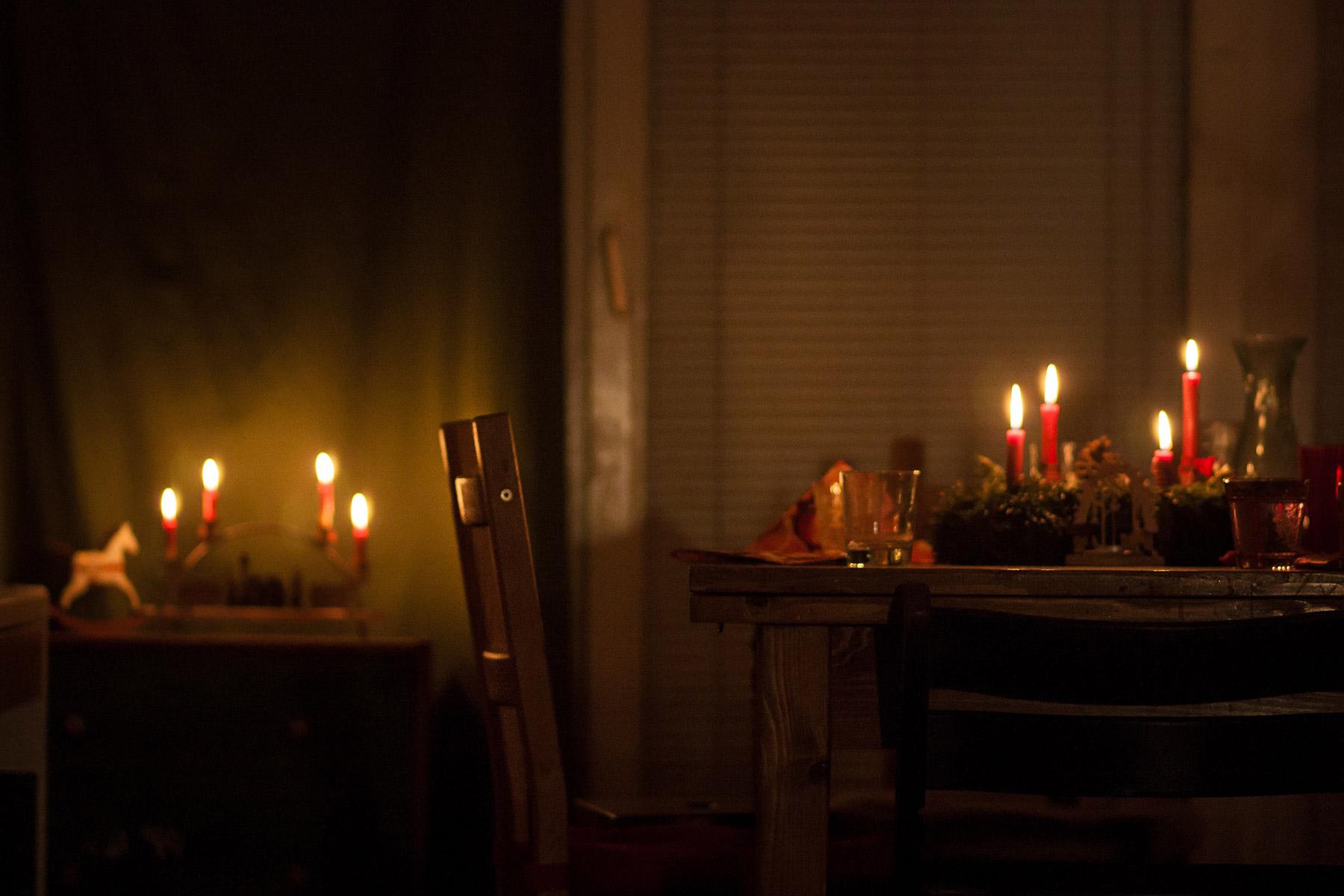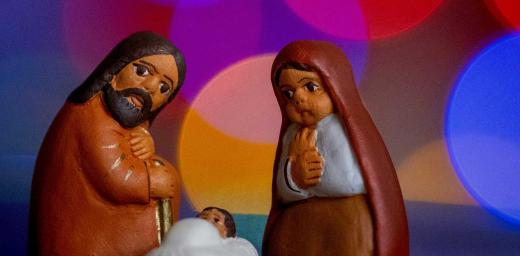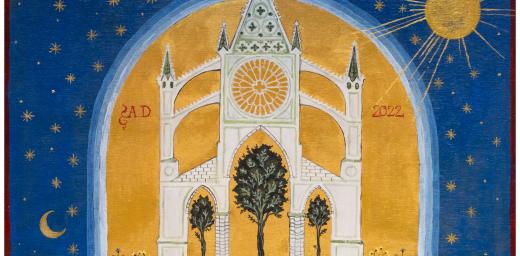The light shines in the darkness, and the darkness did not overtake it.
(John 1:5)
In the opening verses of the Gospel of John, the evangelist tells us a story of creation: of God who created the universe, who is life and generously shares it with the whole creation. From this flows the proclamation of God’s continued creation through Christ – God’s own Son – who came to earth as the divine light that pierced the darkness. How we yearn to experience this divine proclamation of hope - that the light has come to our earth and that ’the darkness did not overtake it’.
For us who live in the northern hemisphere, the darkness this time of year is noticeable. In my country it is dark until 8.30 in the morning, and it gets dark again in the mid-afternoon. This physical darkness underpins the darkness we encounter every single day via news media, sharing accounts of evil and human suffering inflicted on ordinary people, like the people living across the world, in countries like in Ukraine, Palestine/Israel, Sudan, Venezuela, and Myanmar, to name a few examples.
At the Assembly in Krakow, Poland, we heard about the persecution to which our member churches and other Christians are exposed in Asia, the Middle East, and elsewhere. We visited the Auschwitz-Birkenau concentration camp as part of our Assembly programme and there we saw what hatred and exclusion can lead to. We laid a wreath on behalf of the whole communion and on the ribbon, we wrote: Never again!
Yet we experience how human evil continues to spread. The taste of the forbidden fruit still lingers and causes a distance between God and human beings, as well as between human beings themselves. We need God’s intervention. We need the new beginning, which Advent promises. We need to hear what we cannot proclaim to ourselves: God has come near to us with God’s love and grace. The divide between God and humans has been bridged by the coming of Christ and darkness has lost its power!
The Christmas Gospel is a call to open our eyes to see God in unexpected places here among us and to see hope. It is a call to action, that with God’s declaration of love we can go into the world as agents of hope and action. The joy and peace of Christmas flourishes by being shared.
In a diaconal home for socially marginalized men, I once witnessed two men giving the principal a bouquet of flowers and a poem on his birthday. In the poem they wrote:
’It’s impossible’, said Pride
’It’s risky’, said Reason
’It’s pointless’, said Experience,
’Give it a try’, said the Heart.
These two men did not have high social status in society, but they understood what it means when God breaks into our world: Christmas is the celebration of love. When the light of God in Christ touches the heart, then hope takes root, and we find the courage to live through the new divine reality which, in Christ, dwells in the world. We are called to share this light even in the darkest places.
It is not easy to comprehend - but give it a try. It is not always easy to live it - but give it a try. God is calling us into this gospel adventure.
With best wishes for a Merry Christmas and may the Christmas peace find a place in our hearts.
Bishop Henrik Stubkjær
President of The Lutheran World Federation






